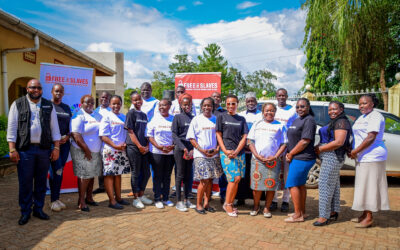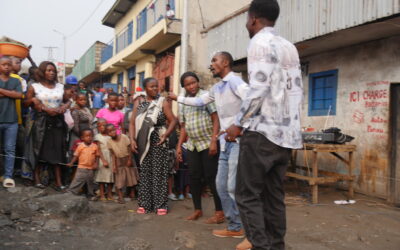 The State Department has responded to the letter, co-signed earlier this month by Free the Slaves, urging immediate implementation of the conflict minerals law (PDF).
The State Department has responded to the letter, co-signed earlier this month by Free the Slaves, urging immediate implementation of the conflict minerals law (PDF).
Their response: “we do not support a delay” in the implementation of the law.
The conflict minerals law was signed into action late last year. Bundled in with the Dodd-Frank Wall Street Reform act, the law requires companies to disclose to the Securities and Exchange Commission (SEC) what they are doing to keep conflict minerals from Congo out of their supply chains. There is evidence that tungsten, tin, tantalum and gold mined under coercive and exploitative conditions in eastern Congo find their way in products we use every day—like laptops, cell phones, batteries and jewelry. Profits from the trade of these minerals go to finance militias and armed groups, fueling what has been called the deadliest war in the world.
DON’T OVERLOOK SLAVERY IN CONGO MINES
But that’s not all. FTS has found evidence of slavery in Congo mines. In our investigations, we have found at least seven distinct types of modern-day slavery in and around the mining industry in eastern Kivu province: including debt bondage, sex slavery, forced marriage, and child soldiering.
Until earlier this month, the SEC had been accepting comments from the public about how they should implement the conflict minerals law. FTS has insisted that the monitoring of slavery be part of this law. We asked you, our constituents, to take action, and urge them: Don’t overlook slavery in Congo mines.
NO DELAY
We eagerly await SEC’s decisions as to how the conflict minerals act will be enacted. But there was talk of a delay in this decision. In response to this news, FTS sent the aforementioned letter, demanding that the SEC’s decision be reached without delay—and the law implemented as soon as possible.
We are heartened by the State Department’s response. Read their letter in full here (PDF).


